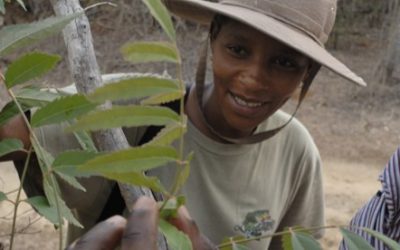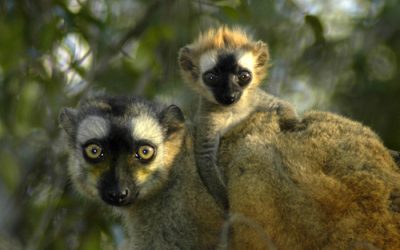The TBA has been invited to design and deliver training in Africa for a UK government-funded programme which is assessing how ecosystem services can be sustainably managed to help the world’s poorest people.
The programme – Ecosystem Services and Poverty Alleviation, or ESPA – has been rolled out globally since 2011, gathering and sharing cutting-edge evidence on the value of ecosystem services, and their role in alleviating poverty.
During that time, the concept of ecosystem services has evolved considerably because many factors affect how the natural environment benefits people, including changing conditions and policy.
ESPA has promoted high quality inter-disciplinary research, leading to a growing base of evidence to help determine priorities and influence decision-makers on managing ecosystem services.
A key challenge now is to incorporate the latest thinking about ecosystem services in academic teaching and professional training in Africa, so that knowledge is accessible to shape future policy and practice.
That’s why ESPA has turned to TBA to ensure that the results of ESPA are accessible and useful for African natural and social scientists. The TBA will run two courses in Kenya and Malawi next spring (2018).
“Our first step is to work with ESPA to find out where the gaps are in training on ecosystem services, and then to develop a three-day workshop for conservation managers and academics,” says TBA Director, Rosie Trevelyan.
“From our wide network of contacts and alumni in Africa, we know that there is great demand for this type of training. It’s a constantly evolving discipline.”
The TBA co-developed a toolkit for ecosystem services site-based assessment (TESSA), and ran the first training workshops on this toolkit for African project managers during 2015-16.
Photos: ©Cheryl-Samantha Owen/TBA




